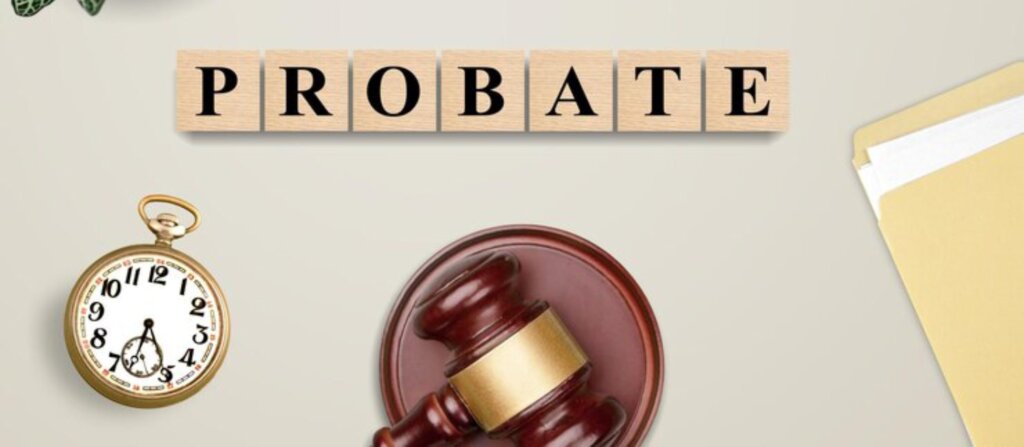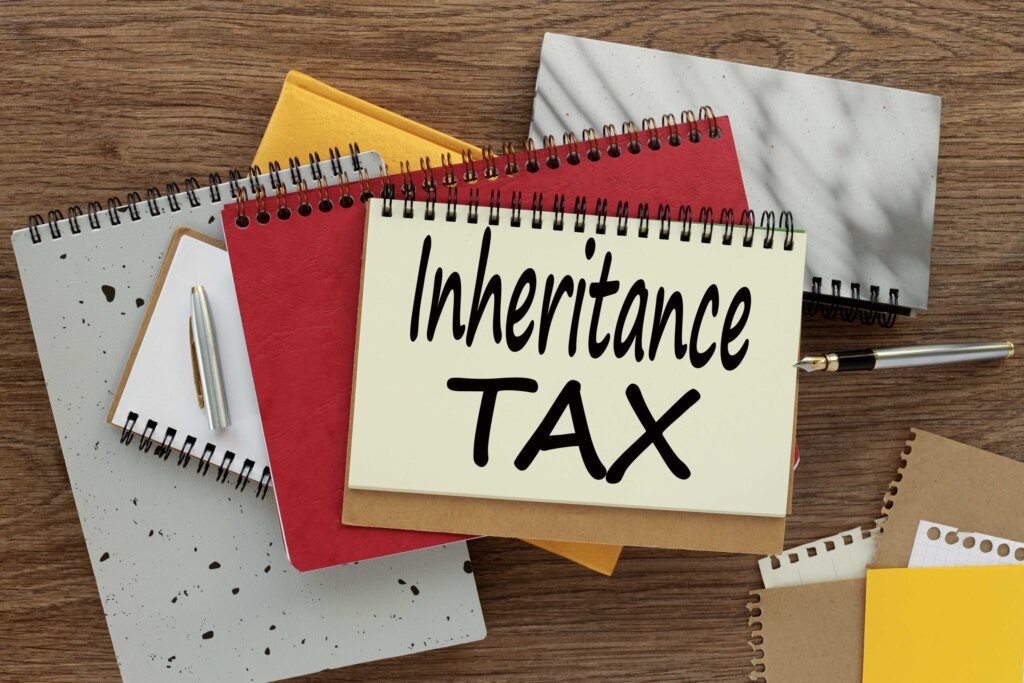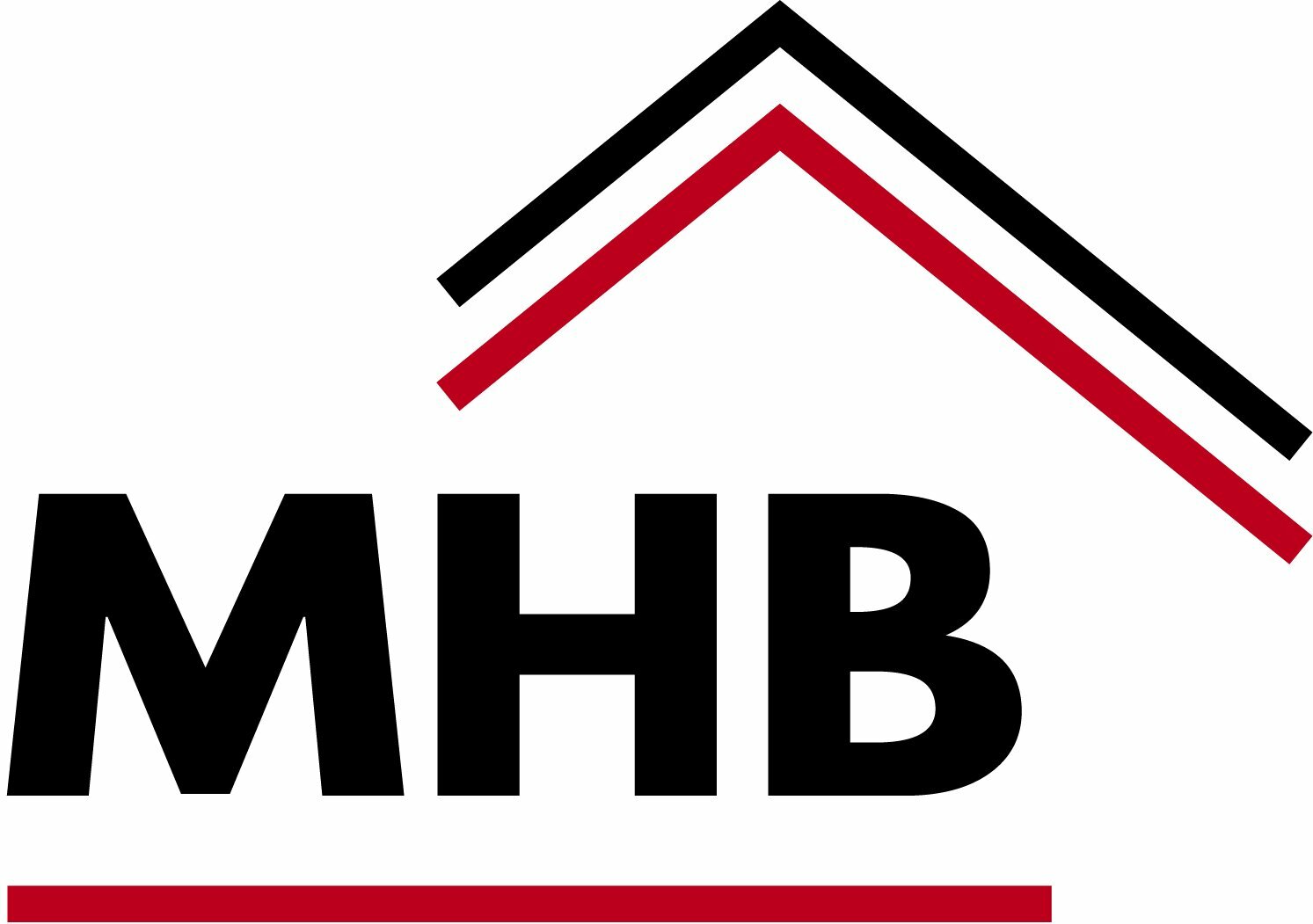Easily Sell an Inherited House You Don’t Want for Cash Inheriting a house can feel like a mixed blessing. While it might seem like a financial windfall, the reality often involves unexpected challenges and emotional hurdles. If you find yourself in a situation where the inherited property holds little personal value, navigating the legal and financial maze can be overwhelming.
Selling for cash can be the quickest and simplest solution, allowing you to move on without the stress of repairs or lengthy probate processes. With cash buyers, you can sell the house as-is, giving you a clean break and peace of mind. It’s time to explore how selling your unwanted inherited house for cash can pave the way for a fresh start.
If you’ve inherited a house that you no longer want or can’t manage, Myers House Buyers offers a simple solution. They help homeowners sell their inherited properties quickly, for cash, and without the hassle of traditional real estate processes. Myers House Buyers purchases homes in any condition, so you won’t need to worry about repairs, clean-up, or paying for agent commissions. The process is straightforward: request an offer, review the terms, and close the sale on your timeline. It’s a fast, stress-free way to turn an unwanted inherited property into cash.

Options for Inherited Property
Inheriting a house brings several options to consider. Selling for cash or renting the property provides flexibility depending on my circumstances.
Selling for Cash
Selling an inherited house for cash offers a quick and efficient way to divest the property. Cash buyers purchase homes as-is, eliminating the need for costly repairs or waiting for inspections and appraisals. All proceeds from the sale remain with me, with no commissions or additional expenses. This straightforward process means a guaranteed sale, regardless of existing title flaws or necessary repairs. When I review any cash offers, I should remember that while the sale amount may be lower than selling after renovations, the benefits of speed and simplicity often outweigh this concern. If I choose not to proceed, I can inform the buyer without any hard feelings.
Renting the Inherited House
Renting the inherited house serves as a source of passive income, assisting with mortgage payments or personal expenses. Before renting, I must review local housing laws to ensure compliance. As a first-time landlord, seeking expert coaching can set me up for success. The property remains mine while providing a financial cushion. If I plan to move into the house, getting a home inspection is essential to uncover any maintenance needs. Should I co-inherit with others, we need to agree collectively on occupancy choices. Clear agreements can prevent potential disputes, ensuring a smooth experience in managing the inherited property.
Understanding the Probate Process
Navigating the probate process is crucial when dealing with an inherited house. It involves legal proceedings to validate the will, settle debts, and distribute assets among beneficiaries.
Legal Steps and Considerations

The probate process generally starts with filing the will in court, followed by appointing an executor, who manages the estate. Each state has unique probate laws, but common steps include notifying creditors, paying any outstanding debts, and filing necessary tax returns. This process ensures the estate’s financial obligations are met before distributing assets. In most cases, selling the house before probate ends isn’t possible since legal consent is required. Once the court closes the estate, I can then proceed to sell the property.
Impact of Mortgage on Sale
If the inherited house has an outstanding mortgage, it’s essential to address this before selling. Inherited properties typically allow the heirs to assume the mortgage. The estate’s executor pays off the debt using estate funds during probate. I must ensure the mortgage is settled to prevent complications during the sale. Cash buyers usually prefer properties free from mortgages, as this makes transactions smoother. Understanding these nuances helps in planning an efficient sale.
Evaluating the Condition of the Home

Evaluating the condition of an inherited home is crucial before making any decisions. This process involves assessing repairs, maintenance, and the overall value of the property.
Assessing Repairs and Maintenance
Assessing the repairs and maintenance needs of the home starts with a thorough inspection. I check for structural issues, roof conditions, plumbing functionality, and electrical system safety. Understanding these conditions helps me determine the potential costs involved in repairs. For example, significant roof damage may require a $5,000 to $10,000 investment, while minor cosmetic fixes can be significantly cheaper. I may consult a professional inspector for an unbiased evaluation, ensuring I know the extent of any necessary repairs.
Value of Decluttering
Decluttering the home enhances its overall appeal and functionality. I focus on removing personal items, outdated furniture, and unnecessary clutter, which can make the space feel larger and more inviting. Research suggests that homes with less clutter sell faster and at better prices. For instance, staging a home for sale can lead to a 1% to 5% increase in the final sale price. Decluttering prepares the home for potential buyers, showcasing its best features while minimizing distractions.
Tax Implications of Selling
Understanding tax implications is crucial when selling an inherited house. Various taxes, such as capital gains tax and potential inheritance tax, may apply during the process, requiring careful planning and consultation with professionals.
Capital Gains Tax Considerations

Selling an inherited property can trigger capital gains tax. This tax is based on the difference between the sale price and the property’s stepped-up basis—the value at the time of inheritance. For example, if I inherit a house valued at $250,000 and sell it later for $275,000, I owe capital gains taxes on the $25,000 increase. However, if I sell immediately after inheritance, no capital gains tax applies. Additionally, properties are generally considered held for over one year for tax purposes, meaning only long-term capital gains tax rates apply, which are often lower than short-term rates.
If I choose to live in the inherited house for at least two years out of the last five before selling, I may qualify for the capital gains tax exclusion—up to $250,000 for single filers and $500,000 for married filers. It’s essential to discuss these details with a tax professional to ensure compliance and maximize any available exclusions.
Inheritance Tax Overview

Inheritance tax applies to the value of inherited property but varies by state. No federal inheritance tax exists, yet states like Iowa, Kentucky, and New Jersey impose their own rates, occasionally reaching as high as 18%. As I navigate this landscape, understanding who qualifies for exemptions, especially for immediate family members, is vital. Surviving spouses generally enjoy complete exemptions, while other relatives may face reduced rates or different conditions.
It’s advisable to consult my state’s tax department for specific rates and rules, especially because some states grant extended filing periods—up to eight months—for inheritance tax returns. Staying informed helps me avoid unexpected financial burdens when selling inherited property.
Working with Professionals
Working with professionals is essential when selling an inherited house for cash. Engaging experienced real estate agents and cash buyers streamlines the process, ensuring efficiency and maximizing value.
Finding the Right Real Estate Agent
Finding the right real estate agent significantly impacts the sale process. I prioritize agents with proven expertise in handling estate properties. They understand the nuances of probate sales and guide me through setting an appropriate asking price and marketing the home effectively. To evaluate potential agents, I check local real estate associations and review testimonials about their sales performance and customer satisfaction. Conducting interviews with multiple agents also helps; I ask them for their valuation of the property. Agents who provide similar valuations demonstrate a solid grasp of the market, ensuring I’m on the right track.
Choosing Cash Buyers
Choosing cash buyers offers a straightforward selling solution, especially for inherited homes needing repairs. Cash buyers typically purchase properties in as-is condition, eliminating the hassle of repairs and lengthy inspections. This direct approach can lead to closing deals in days rather than months. I focus on selecting legitimate cash buyers who demonstrate a solid reputation in the market. Researching their transaction history enhances my peace of mind. Avoiding wholesalers is crucial; these intermediaries often complicate the process without adding value. Selecting a buyer who intends to invest in the property ensures a smoother transaction and maximizes my financial return.
Making Your Decision: Keep or Sell?
Deciding whether to keep or sell an inherited house requires careful consideration of various factors. I evaluate personal attachment to the property and align it with my financial goals. If the property holds sentimental value, it may be worth keeping, even if it requires ongoing expenses.
I analyze the potential financial implications of both choices. Selling for cash simplifies the financial burden, particularly if I face maintenance costs or unpaid taxes. By selling without renovation requirements or lengthy wait times, I can quickly access cash to reinvest elsewhere.
When considering rental options, I look at the responsibilities involved. Being a landlord entails managing tenants and maintaining the property. If I’m not prepared for these duties, selling might be the better route. I focus on my comfort level with the ongoing commitment involved in renting versus the immediacy of a sale.
I also consider the local real estate market. A strong market may encourage me to sell quickly at a favorable price. If the market is weak, holding onto the property may yield better long-term results. Understanding current market trends helps inform my decision-making process.
Consulting with professionals strengthens my choices. Real estate agents specializing in inherited properties offer valuable insights into potential property value and selling strategies. Financial advisors provide critical input on tax implications that arise when selling or renting. Their expertise enables me to make informed choices aligned with my financial plans.
Ultimately, I weigh my emotional connection, financial obligations, and market conditions when determining whether to keep or sell the inherited house. This analysis allows for a clear path forward, tailored to my individual goals and circumstances.
Conclusion
Navigating the complexities of inheriting a house can be overwhelming. If you find yourself in a situation where you want to sell the property for cash, know that it can offer a fresh start without the burdens of repairs or lengthy procedures.
It’s essential to weigh your emotional ties against your financial goals. Engaging with professionals can make this process smoother and more rewarding. Whether you choose to sell or explore other options, making informed decisions will help you move forward with confidence.
Inherited a house you don’t want? Myers House Buyers makes it easy to sell for cash. No repairs, fees, or hassle—just a fair cash offer. Call (706) 607-5251 to get started today!

